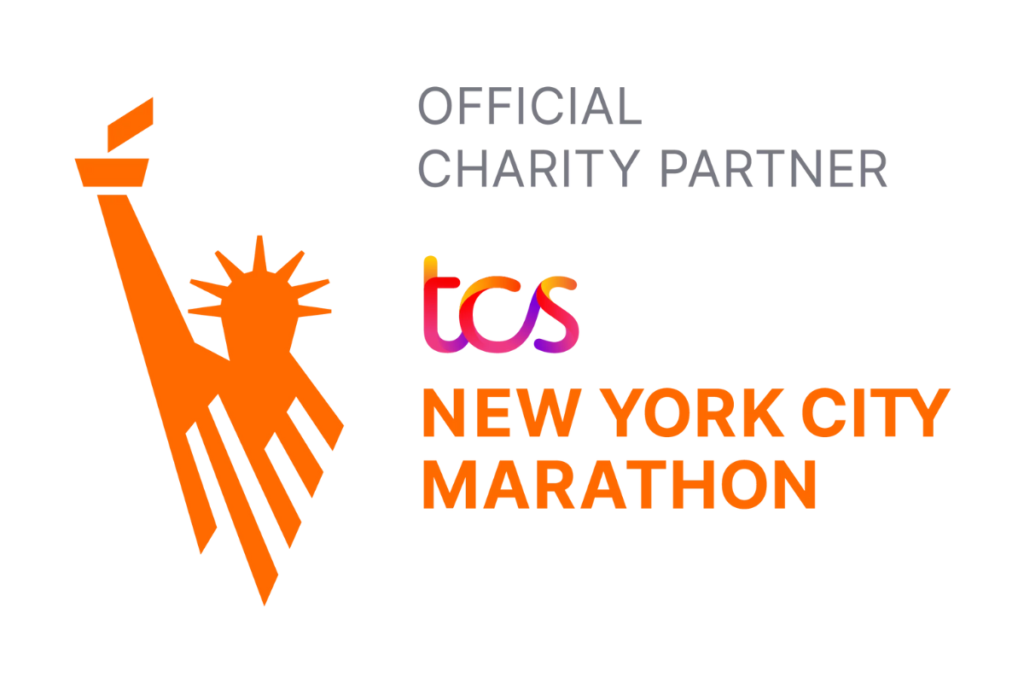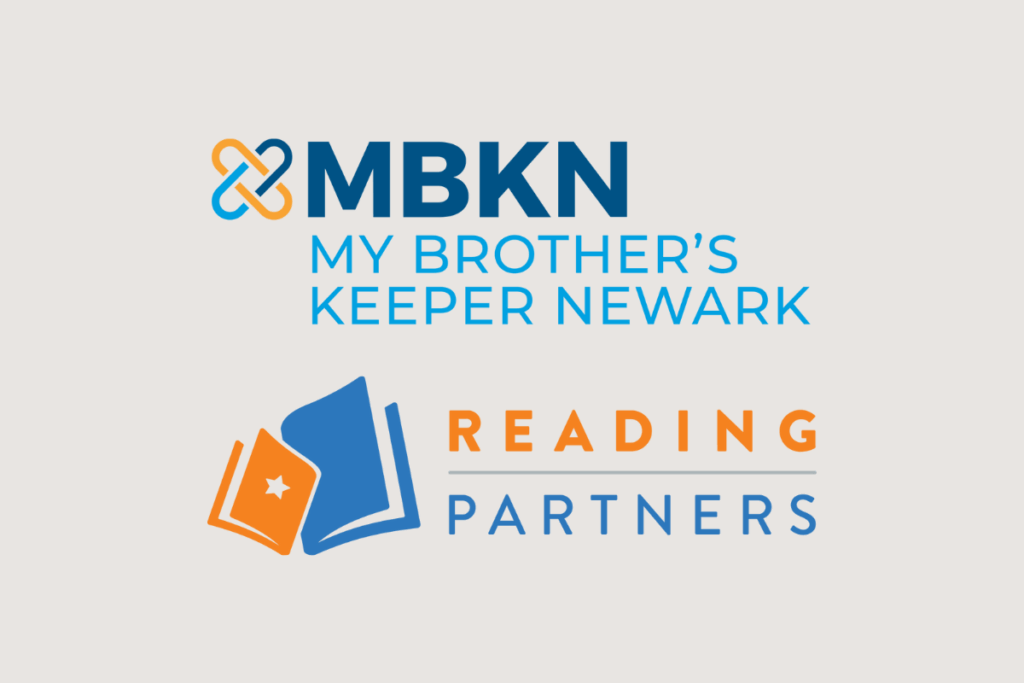When Lance Fors first entered the elementary school classroom, he was immediately struck by the unusual level of student and teacher engagement. Animated chatter filled the classroom, and faces bore expressions of extreme concentration and seriousness, as well as the occasional grin. At each desk sat a small child accompanied by an adult, both oblivious to the other pairs around them. All of them were engaged in the same activity—reading.
The reason this classroom was so extraordinary is that it was participating in a program run by Reading Partners, an Oakland, Calif.-based nonprofit that provides one-on-one tutoring for K-6 students living in low-income communities. In twice-weekly sessions lasting 45 minutes,volunteer tutors (everyone from retirees and full-time parents to high school students and working professionals) help young children who often barely know their alphabet start to read books and answer questions about their content.
Reading Partners’ strategy is simple—use volunteers to deliver the type of teaching that underperforming children so badly need yet is unaffordable in the public education system. The results are dramatic—the average student advances an entire grade level in reading skills after just 30 hours of one-on-one tutoring (twice as fast as their peers who are not in the program).
So what was Fors, a man who’d spent his career building companies, doing in a classroom used to promote literacy? Fors was on a site visit organized by Silicon Valley Social Venture Fund (SV2), to learn more about Reading Partners.
Read the rest of the article here.
—Laura Arrillaga-Andreessen, Stanford Social Innovation / Source



